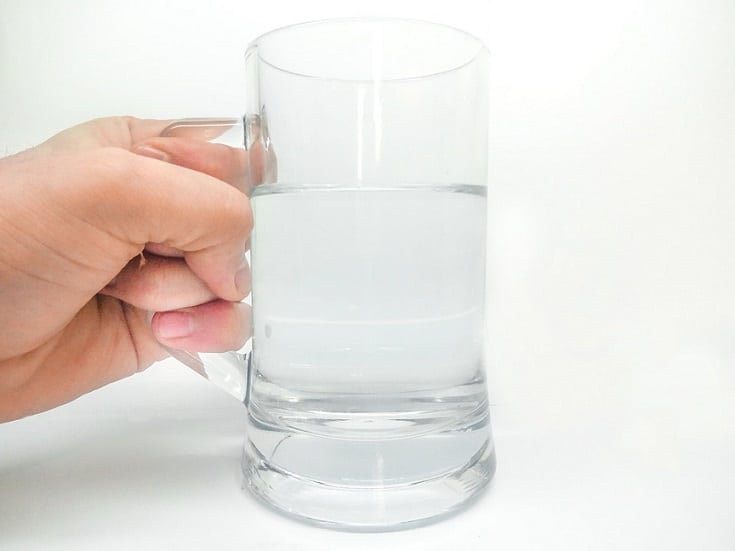The overall amount of water that our bodies require is determined by our levels of physical activity, the climate in which we live, our current state of health, and a variety of other circumstances including pregnancy and nursing.
Long bouts of exercise cause our bodies to lose water, which needs to be supplied afterward if we want to stay hydrated. The amount of water that athletes should consume varies depending on the sport. It is of the utmost importance to adhere to a recommended schedule of water intake in order to ensure an appropriate intake of water prior to, during, and after an intense session of physical activity.
Sweat loss is increased when the weather is hot and humid; therefore, it is critical to increase the amount of water that we consume. In the winter, heated indoor air can cause an increase in both the amount of sweat and the amount of skin lost. At altitudes higher than 2500 metres, you may experience more urination as well as more fast breathing, all of which may contribute to an increased loss of water.
Illness: Fever can cause an increase in water loss of up to 200 millilitres per day for every degree Celsius that the body temperature rises. Other causes of significant water loss include being sick and having diarrhoea or vomiting. Other medical issues, such as urinary tract stones, bladder infections, gout, and constipation, could also call for an increase in water consumption.
Pregnancy and breastfeeding: Although there is typically not a significant increase in the amount of water that is required during pregnancy, it is possible that an additional one litre of water will be required while breastfeeding. It is recommended that women who are pregnant consume around 10 glasses of water (each containing 250 millilitres), and that women who are breastfeeding consume at least 12 glasses of water (each containing 250 millilitres).
Over-hydration, also known as water toxicity, is a rare condition that can occur if a person consumes excessive amounts of water. Hyponatremia is a condition that occurs when the kidneys are unable to eliminate the extra water, which results in the mineral content of the blood being diluted and causes hyponatremia (low sodium levels in the blood).
Symptoms and indicators of dehydration include the following: mild to extreme thirst, weariness, headache, dry mouth, little or no urine, muscle weakness, dizziness, or lightheadedness. When treated appropriately, mild dehydration seldom results in complications; but, more severe cases of dehydration can be life-threatening, particularly in extremely young children and elderly people.
Living-Water is the place to go to purchase water coolers and water dispensers in London.






